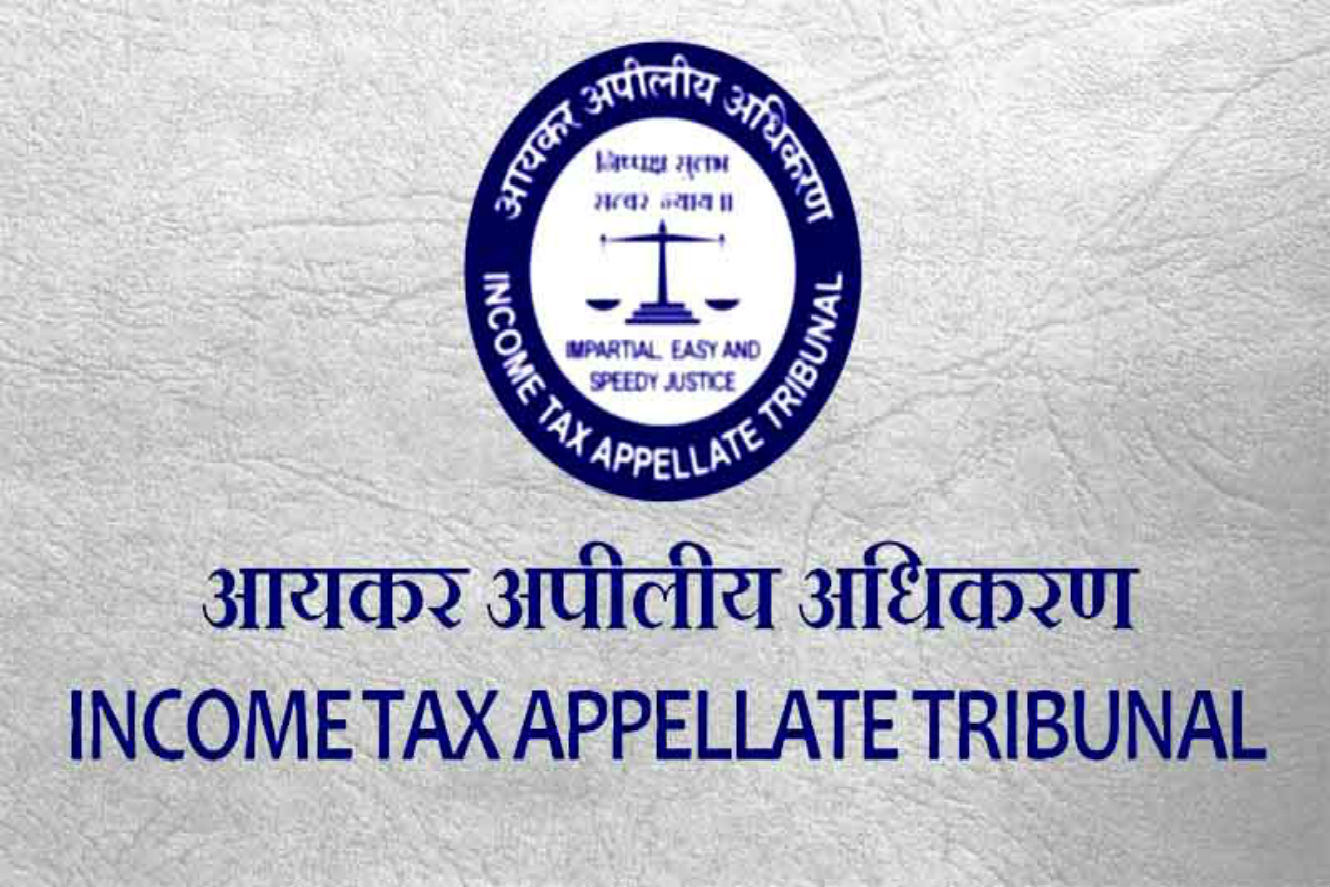Arun Kumar Bhattacharya, J.@mdashOn the allegation of embezzlement of fund the Respondent No. 1 while working as clerk of UCO Bank posted at Raurkella Branch in the State of Orissa, was implicated in a criminal case by Central Bureau of Investigation (in short CBI). He was proceeded with in the Criminal Court and ultimately he suffered a conviction in 1983. Although, the incident happened in 1973 onwards and the CBI initiated proceeding as against him in 1979, the Bank did not contemporaneously start any disciplinary proceeding against the Respondent No. 1, perhaps on the assumption that the criminal proceeding would come to a logical conclusion at an early date. The Bank, however, changed their decision and on January 25, 1980 issued a charge sheet followed by an order of suspension on December 16, 1980 and started a disciplinary proceeding as against the Respondent No. 1. While the disciplinary proceeding was pending, the Respondent No 1 suffered the conviction from the Criminal Court vide judgment and order dated July 22, 1983. The Bank without waiting for a logical conclusion in the disciplinary proceeding got rid of the Respondent No. 1 by issuing an order of dismissal on the basis of the judgment of the Criminal Court on October 3, 1983 applying paragraph 19.3 (b) of the Bipartite Settlement read with 10 of the Bank Regulation Act. By virtue of the said order, the disciplinary proceeding also became infructuous, and as such, was not proceeded with.
2. The Respondent preferred an appeal. The Appellate Court gave him acquittal by judgment and order dated December 3, 1986 on the benefit of doubt. The Respondent immediately approached the Bank for his reinstatement. The Bank issued the order of reinstatement on May 20, 1987 and simultaneously issued an order of suspension as well as communicated their decision to proceed with the earlier disciplinary proceedings initiated on the basis of the charge sheet dated January 25, 1980. The disciplinary proceeding started and enquiry report was submitted holding the Respondent No. 1 guilty of the charges. The disciplinary authority issued a second show cause notice on February 9, 1989 proposing a punishment of dismissal from service.
3. Challenging the second show cause notice the Respondent No 1 filed the above writ petition before this Court. The learned single Jude dispose of the writ petition by judgment and order dated March 9, 1998 by setting aside the second show cause notice coupled with liberty to the Bank to proceed against the Respondent/writ Petitioner in accordance with law. Pertinent to note, the Respondent/writ Petitioner did not appear before His Lordship when this writ petition was disposed of.
4. An application for review was made by the Respondent, the learned single Judge on the application for review re-examined the order of dismissal passed by the Bank and ultimately came to a conclusion that the order of dismissal as well as the proceeding from which it resulted, was void and was liable to be set aside.
5. Being aggrieved by and /or dissatisfied with the judgment and order of the learned single Judge the Bank preferred the instant appeal.
6. We have heard Mr. Ajay Gupta, learned Counsel, appearing for the Bank. We have also heard Mr. Ghose, learned Counsel, appearing for the Respondent/writ Petitioner.
7. On perusal of the judgment of the learned single Judge it appears that His Lordship while interpreting the Bipartite Settlement came to a conclusion that once disciplinary proceeding became infructuous after the issuance of the order of dismissal on the basis of the Criminal Court judgment there could not be any scope for the Bank to revive the said disciplinary proceeding once again after receipt of the Appellate Court judgment by which the Respondent was acquitted from the charges brought against him.
8. His Lordship considered Clause 19.3 (a), (b) and (d) of the Bipartite Settlement. Under Sub-clause (a) when into he opinion of the management in employee has committed any offence, the Bank would be entitled to take steps and in such event he might be put under suspension. Under sub Clause (b) if he is convicted by court of law, he would be dismissed with effect from the date of his conviction or if the employer thinks fit it might award lesser punishment to the delinquent. Under sub Clause (d) when an employee who was convicted by the original Court prefers an appeal or revisional application and gets an acquittal the management on his application for reinstatement would review his case. In such eventuality the employer has two options (i) the delinquent might be reinstated; or (ii) delinquent might be proceeded with departmentally.
9. In the instant case, the delinquent was proceeded departmentally under sub Clause (a) While such proceeding was pending sub Clause (b) came into operation because of the order of conviction. The Bank opted for dismissal and passed appropriate order therefor, the moment such order was passed, the disciplinary proceeding in terms of sub Clause (a) became infructuous. When the delinquent got the order of acquittal, sub Clause (d) came into operation. His Lordship was of the opinion that in such eventuality the authority had no other option but to reinstate him as was done by the Bank. Subsequent order of suspension and decision to proceed against him departmentally by reviving the old proceeding was not contemplated in sub Clause (d) His Lordship also observed that once he was reinstated other option could not be exercised.
10. His Lordship, in our view, interpreted the aforesaid clauses accurately and applied those correctly in the given facts and circumstances. We do not find any scope of interference therein.
11. the appeal fails and is hereby dismissed without any order as to costs.
12. Urgent Xerox certified copy, if applied for, be given early;
Tapas Kumar Giri, J.
13. I agree

